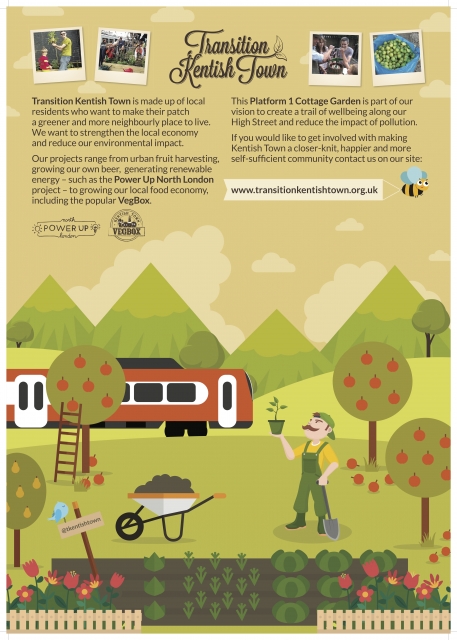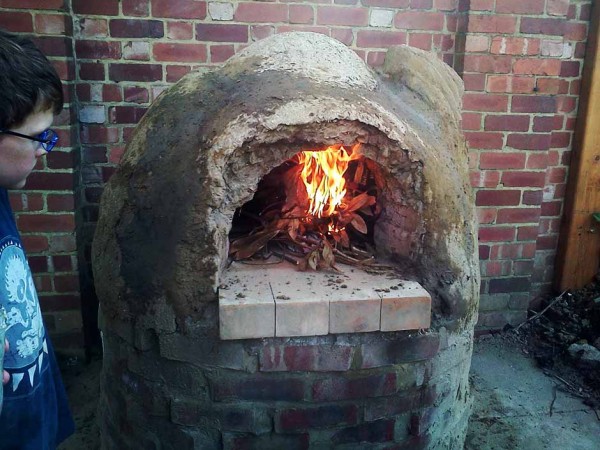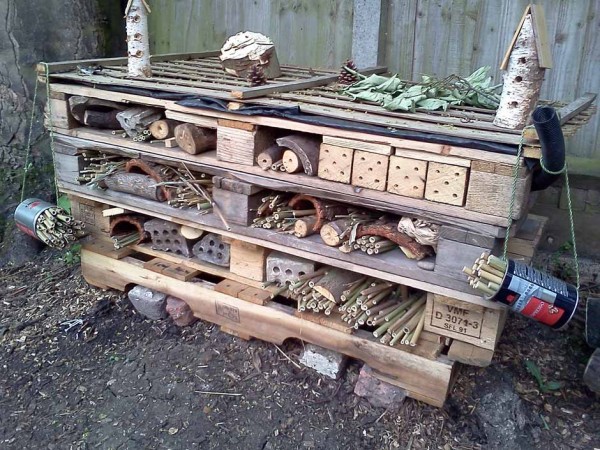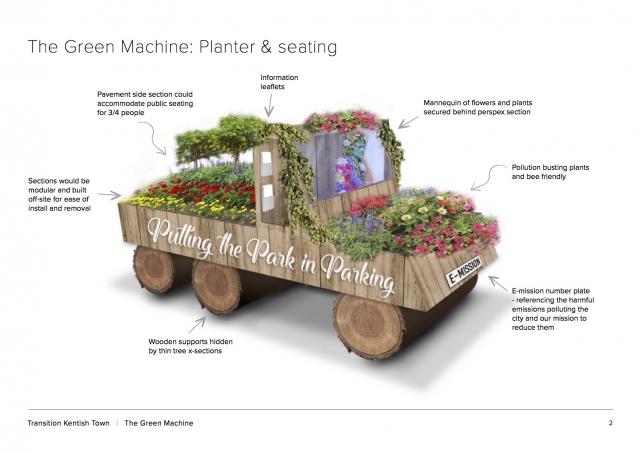What Is a Transition Initiative?
A Transition initiative is a community-led process set up in a village/town/city or even a street, which enables local communities to become stronger, happier and more connected.

Transition towns are growing in well over a thousand highly diverse communities across the world – from towns in Australia to neighbourhoods in Portugal, from cities in Brazil to rural communities in Slovenia, from urban locations in Britain to islands off the coast of Canada. These communities have started up projects in areas of food, transport, energy, education, housing, waste, arts etc. as small-scale local responses to the global challenges of climate change, economic hardship and shrinking supplies of cheap energy. Together, these small-scale responses make up something much bigger, and help show the way forward for governments, business and the rest of us.
Really, it’s the opposite of us sitting in our armchairs complaining about what’s wrong, and instead, it’s about getting up and doing something constructive about it alongside our neighbours and fellow townsfolk. People say that as a result of being involved in their local “transition initiative”, they’re happier, their community feels more robust and they have made a lot of new friends.
What Are We “Transitioning” Away From?
All industrialised countries appear to operate on the assumption that our high levels of energy consumption, our high carbon emissions and our massive environmental impact can go on indefinitely.
And most developing countries appear to aspire to these ways of living too. However, any rational examination of our energy supplies, our economic inequalities, our diminishing levels of well-being, our ecological crises and the climate chaos that is already hitting millions of people tells us this can’t go on much longer.
We’re saying that the best place to start transitioning away from this unsustainable way of living is right within our own communities, and the best time is right now.
What Are We “Transitioning” Towards?
Whether we like it or not, over the next decade or two, we’ll be transitioning to a lower energy future – essential because of climate change and inevitable because of diminishing supplies of fossil fuels (particularly oil). There are a variety of possible outcomes depending on whether we stick our heads in the sand or whether we start working for a future that we want.
Transition Initiatives, community by community, are actively and cooperatively creating happier, fairer and stronger communities, places that work for the people living in them and are far better suited to dealing with the shocks that’ll accompany our economic and energy challenges and a climate in chaos.
In Camden there are already 9 established Transition initiatives including; Transition Belsize, Primrose Hill, Kentish Town, West Hampstead, Highgate and Dartmouth Park. To join your local group contact: www.transitionbelsize.org.uk
Here are some of the Transition projects we are involved with:
Transition Kentish Town. Lots of ongoing wonderful projects in the areas of gardening/food and the sharing economy.
Power Up North London – is our very own local energy coop, owned by members of the community. Our first recently completed project was the installation of solar panels on St Annes Church, N6.
Veg Box – A local veg box scheme set up by members of our Transition groups.
Camden Air Action. A subject very much in the zeitgeist at the moment with momentous legal battles being won against the government. Join us in CAA to find out what local action we are working on to green up Camden
and other London boroughs.
Other fun projects have included:
——————————————————
A Herbal Cosmetics Evening
We recently hosted a great fun homemade cosmetics night with several of our friends from Transition Belsize and Transition Kentish Town. Why make cosmetics? To find out more, please read on.
Why make your own cosmetics and beauty products?
- Control your ingredient quality.
- No preservatives! (homemade cosmetics for your own use don’t need shelf lives).
- Reduce packaging by reusing bottles and jars.
- Reduce pollution.
- Save money! Pick wild herbs, make them into tonics, and save!
- Cultural history! Your granny made many of her own cosmetics, it is a lost DIY art.
- As a living organ our skin responds to authentic and natural ingredients in the same way the rest of your body does. According to The Ecologist, we apply over 250 synthetic chemicals to our skin everyday via the beauty and personal care products we use. Let’s make our own spa treatments using kitchen ingredients.
- Homemade cosmetics are fresher and healthier for our skin than products which contain chemicals to extend their shelf-lives.
——————————————————
A Cob Oven
Here’s a picture of a cob oven built thanks to the Budgens Pennies for plastic fund, at Fitzjohns School in NW3. A cob oven, built from clay dug up in the school grounds, and mixed with sand and straw, is a great way to teach kids and the community, about low carbon builds, energy generation and local food production.

A cob oven burning brightly.
——————————————————
A New Hotel in NW3 – it’s a Bug One!
The other week we built a bug hotel in a garden in NW3 helped by several little but o so strong people.
The rooms are cosy, food is good. Business is booming!

The five star bug hotel. Breakfast included!
——————————————————
Green Machine
“Green Machine” and “Web of Wellbeing” coming soon – watch this space!

——————————————————
For more info:
Transition Kentish Town
@tkentishtown
